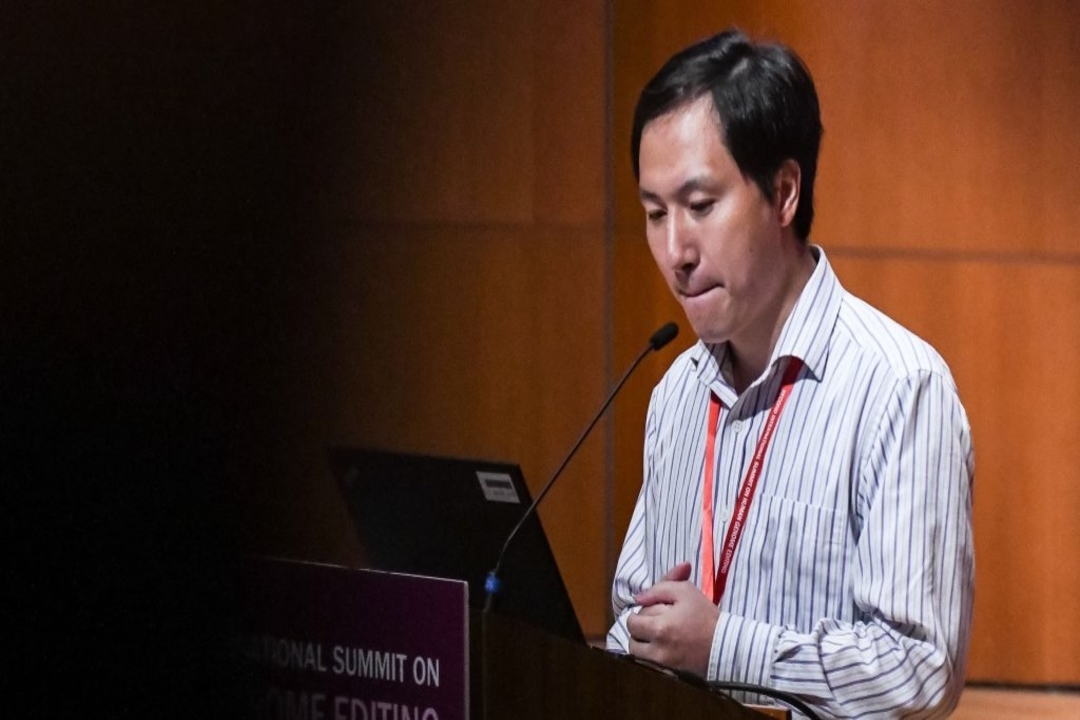A Chinese court has sentenced He Jiankui to a three-year jail term for his involvement in illegal medical practices. He Jiankui became a controversial figure when he declared he had successfully produced the world’s first genetically engineered twin babies: Lula and Nana.
Chinese state news agency, Xinhua said that a court in Shenzen found him guilty and in addition to the prison sentence, he has been fined 3M yuan, approximately 3,27,360 pounds. Two others have also been fined and sentenced. “Zhang Renli, who worked with He, was sentenced to two years in prison and fined 1M yuan. Qin Jinzhou received an 18-month sentence, but with a two-year reprieve, and a 500,000 yuan fine”—reported The Guardian.
The three accused did not have the proper certification to practice medicine, and in seeking fame and wealth, deliberately violated national regulations in scientific research and medical treatment. They’ve crossed the bottom line of ethics in scientific research and medical ethics,” the court was reported to have observed.
What He claimed to have done is to alter the DNA in the embryos of the twin girls. He used the gene editing technique called the CRISPR-CAS9 to rewrite the DNA of the embryos. The genetic modification was done with the aim to confer immunity to the children from the HIV virus. A gene called CCR 5 was modified to a mutant form that prevents the virus from invading cells.
The court found that He forged documents from an ethics review panel which was involved in recruiting couples for the research. The couples that came to He had a man with HIV, while the woman was free of HIV and the couples were offered IVF. The offer of IVF was in return for taking part in the research.
He’s work sparked wide-scale controversy among the scientific communities across the world. The main concern was that of ethics. How ethical is it to produce genetically modified humans? Genetic engineering has been adopted for many other species. For example, plants that can bring productive results for human benefits. He’s work involved genetic engineering on humans to curb HIV infection. But, if it becomes a standardized practice, then genetic engineering can be done on humans for heinous purposes as well.
Robin Lovell-Badge at the Francis Crick Institute in London said, “At this stage we do not know if the methods will ever be sufficiently safe and efficient, although the relevant science is progressing rapidly, and new methods can look promising. It is also important to have standards established, including detailed regulatory pathways, and appropriate means of governance.”
He Jiankui was also reported to have been absconding and Chinese bodies had declared that his work is unethical right after it became public. But exactly a year later, Chinese court has given the verdict of his conviction.





